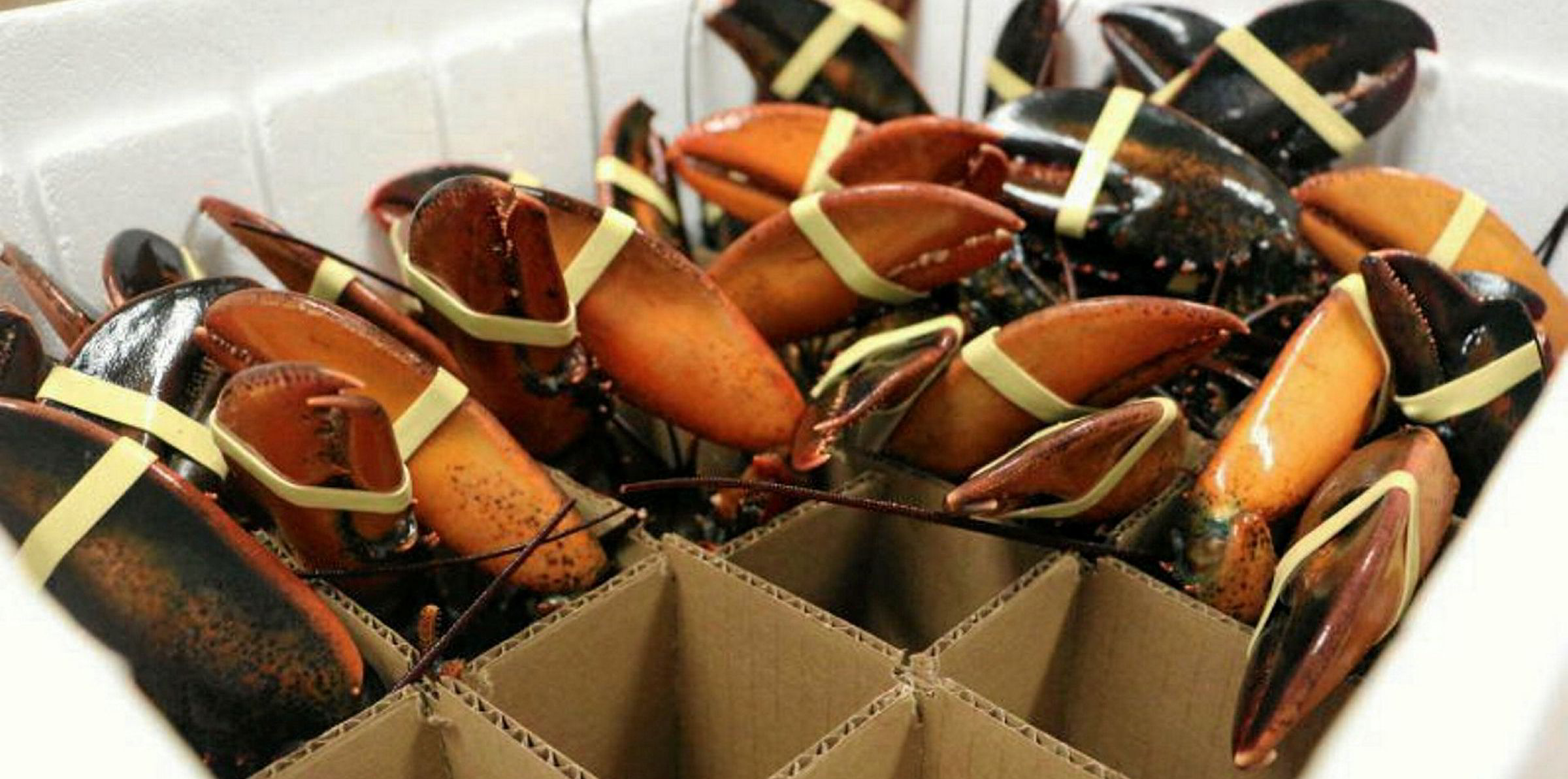The United States and the European Union (EU) have reached an agreement to eliminate tariffs on American lobster.
The US Trade Representative announced Friday the EU removed a longstanding 8 percent tariff on live lobster exports and an up-to-20-percent tariff on processed US lobster exports.
United States Trade Representative Robert Lighthizer and European Union Trade Commissioner Phil Hogan jointly announced the agreement, which will eliminate tariffs on imports of US live and frozen lobster products. US exports of these products to the EU were over $111 million (€93.7 million) in 2017. The EU will eliminate these tariffs on a Most Favored Nation (MFN) basis, retroactive to begin August 1, 2020.
In 2019, at the direction of US President Donald Trump, the United States completed formal procedures necessary to launch negotiations on a trade agreement, as did the European Commission.
“As part of improving EU-US relations, this mutually beneficial agreement will bring positive results to the economies of both the United States and the European Union," the leaders said jointly. "We intend for this package of tariff reductions to mark just the beginning of a process that will lead to additional agreements that create more free, fair, and reciprocal transatlantic trade."
These tariff reductions are the first US-EU negotiated reductions in duties in more than two decades.
Annie Tselikis, executive director of the Maine Lobster Dealers Association, told IntraFish the announcement is being widely celebrated by Maine's seafood industry, which has been hard-hit over the past few years under Trump's trade war with China.
"We’re very lucky we’ve had such great support from the Maine delegation," she said, thanking Maine Republican Senator Susan Collins in particular for moving the needle with the USTR on the issue. "They’ve been absolutely on top of this for years now."
Tselikis said that prior to this deal, Canada maintained a major edge over the United States in the European Union. The 2017 Comprehensive Economic and Trade Agreement (CETA) reduced EU tariffs to zero on live Canadian lobsters and later eliminated tariffs on frozen and processed Canadian lobsters.
The United States, meanwhile, continued to pay tariffs between 8 and 20 percent to export the same products.
"To have a level playing field against our Canadian counterparts in the EU is a big deal for this industry," she said.
A 'genuine breakthrough'
John Connelly, president of the NFI called the announcement a "genuine breakthrough in efforts to open more markets to high quality, sustainable American seafood."
"This achievement will provide an immediate and sorely needed boost to the men and women who harvest American lobster and the lobster processors and distributors who together supply this great product to consumers in the vital EU market and around the world," he said.
The EU tariffs will be eliminated for a period of five years and the European Commission will promptly initiate procedures aimed at making the tariff changes permanent.
The United States, in return, will reduce by 50 percent its tariff rates on certain products exported by the EU worth an average annual trade value of $160 million. Those products are not seafood, but include certain prepared meals, certain crystal glassware, surface preparations, propellant powders, cigarette lighters and lighter parts.


